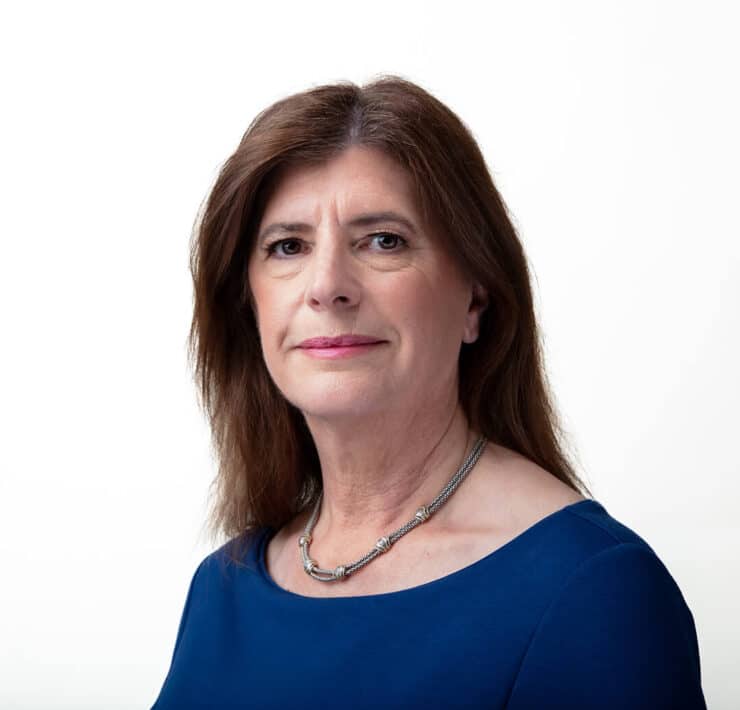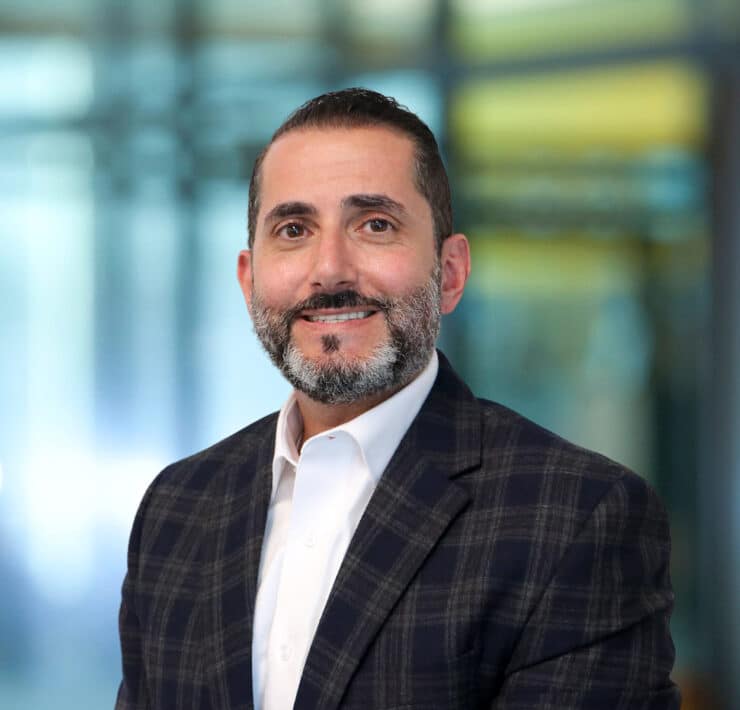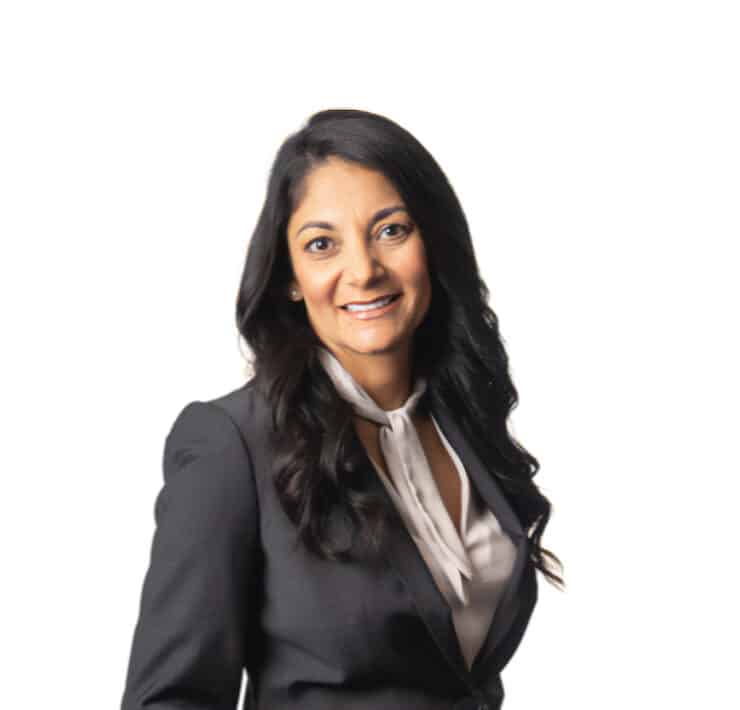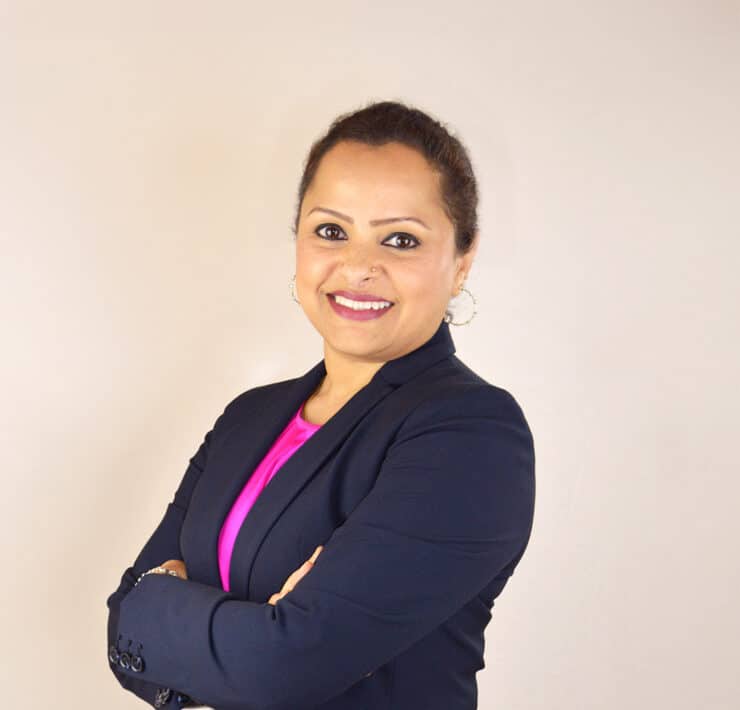|
Getting your Trinity Audio player ready... |
Barry Gardner explains the complexities of the CFO role in public education in just five words: “You can’t just raise prices.”
Regardless of the climate, skyrocketing inflation, dips in the economy, and an ongoing pandemic, those working to keep their organizations afloat in the public sphere rarely have access to the kinds of measures that other businesses can take in uncertain times.
The kids are coming to school, and there needs to be people and programs ready for their arrival each and every day. Gardner, a fourth-generation educator, who himself spent eight years in the classroom, knows better than most.
Classes have gone through an extensive evolution over the past two years of the pandemic, and the Metropolitan School District (MSD) of Wayne Township in Indianapolis is no different. The district ramped up availability of its remote platform, Wayne At Home. About 4,500 students used the platform in 2021, but only 300 have used it in 2022, as COVID-19 positivity numbers have declined and more students have returned to in-person instruction.
Gardner has had to keep an eye on the “return to normal” that doesn’t involve funds from the Coronavirus Aid, Relief, and Economic Security (CARES) Act or Elementary and Secondary School Emergency Relief (ESSER). These have been helpful in the short term, but will eventually run out. Gardner must make positive use of those funds, while not sending the district off a financial cliff when those funds run out.
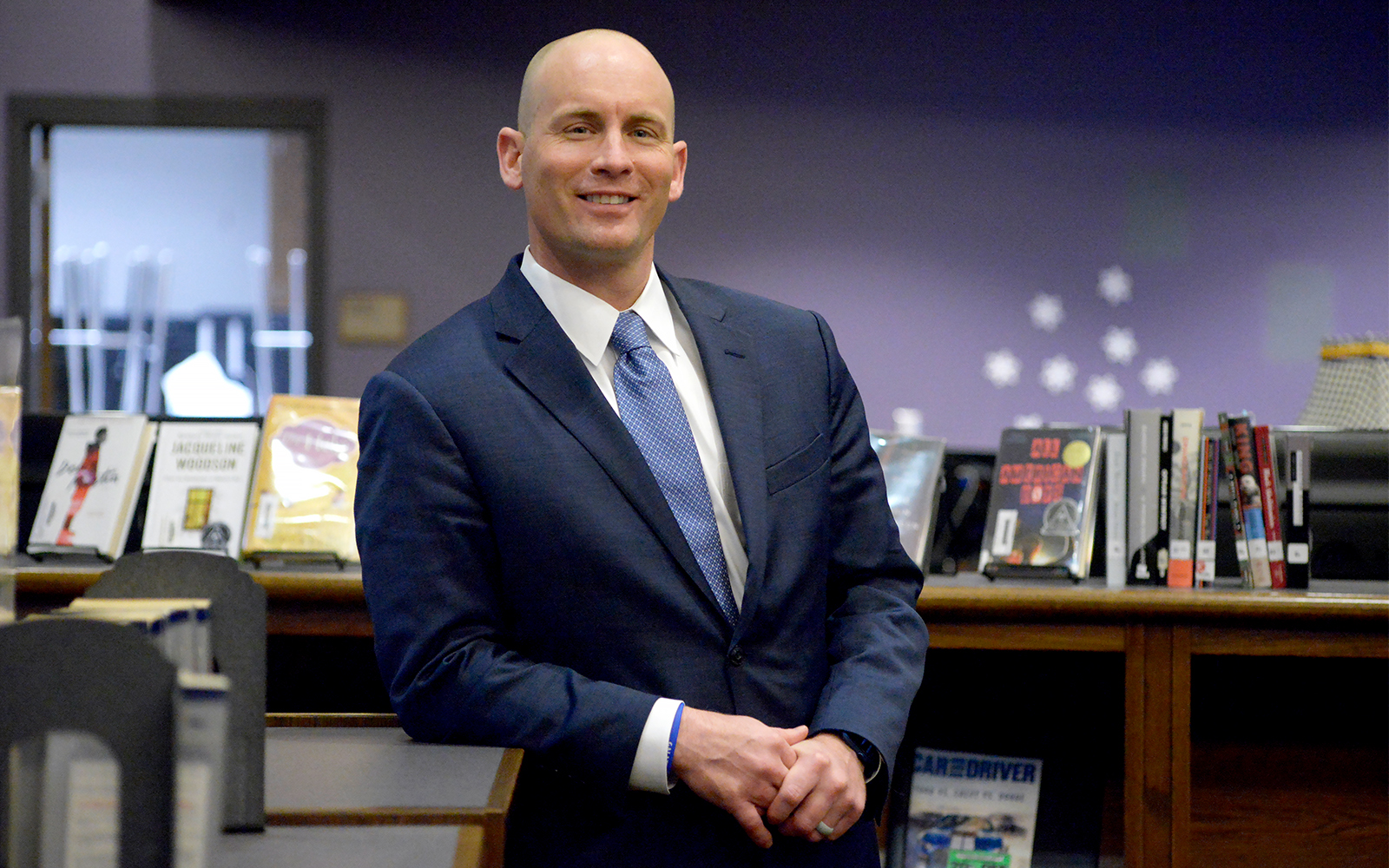
The CFO, the MSD Wayne leadership, and the MSD Wayne School Board team have made an unprecedented move by letting an operating referendum passed in 2015 expire. There were many reasons behind that decision, and Gardner’s progressive push to help offset the revenue loss is providing the school district with a decade of planning and preparation to adapt to what comes next.
The referendum brought between $10 million to $12 million to the district every year. “We would have had to put it to a vote in May 2022, and it’s just not the ideal time to be going out and asking for an operating referendum,” explains Gardner, who is in his fourth year as CFO. “People’s financial situations have changed drastically during the last couple of years.”
Additionally, the trust that the school builds with the community through events, afterschool programs, and other interaction just couldn’t happen during the pandemic.
It certainly didn’t help that Indiana legislators elected to change the language of the referendum, including the word “increase” multiple times, despite the district planning to ask for less than it had previously.
“I think it’s important to ask the questions that can push that change and challenge the status quo.”
Barry Gardner
For those reasons, superintendent Jeff Butts proposed what many districts might consider impossible: could they live without the funds? That was the question posed in July 2021, and since then, Gardner, wider leadership, and the district’s financial, tax, and legal advisors have spent countless hours brainstorming and planning for a way to make it happen.
“We were able to come up with a number of strategies that give us about ten years to build out capabilities and efficiencies,” Gardner explains. “There are a lot of moving parts to this, but a big part of that is our energy management plan.”
Wayne Township has made some incredible improvements to its energy policies that will have long-ranging positive impacts on the district’s bottom line without cutting corners. By converting to propane-fueled buses, the district will save $250,000 a year in fuel costs. At the same time, maintenance costs on those buses are reduced by another $150,000 annually.
New LED lighting across the district, along with a solar field at the high school, will offset its electric costs another $600,000 annually. The district will invest in more solar technology and energy-efficient infrastructure, such as boilers and chillers, to lessen the reliance on utilities moving forward.
“We’re going to have to pay the piper on those boilers and chillers down the road, but by going at it this way, we’re not only taking care of those capital costs, but also creating ongoing efficiencies,” Gardner explains.
The district-wide project will cost about $30 million, but will generate around $1.2 million of savings every year.
“We really understand what is important to the administration: saving energy and creating additional funding for the district,” says Kurt Schneider, Veregy partner. “Improving energy efficiency puts essential funding back into the classrooms.”
As the district invests in its infrastructure, it has seen the assessed value of its assets rise significantly. Additionally, Gardner has helped restructure its debt and approach to levying its revenue, allowing it to issue around $25 million for building repair, as opposed to the $4 million it issued previously. The school district will sell approximately $90 million in bonds for the 2022 year, which will continue to go toward infrastructure and a new transportation center.
It’s not magic, and it’s not easy. Municipal finances are always capable of undergoing huge changes by legislators, often with no understanding of how the schools actually work. But Gardner, referring to Adam Bryant’s The Corner Office: Indispensable and Unexpected Lessons from CEOs on How to Lead and Succeed, says that the same wisdom from a hotel executive applies to municipal finances.
“We were able to come up with a number of strategies that give us about ten years to build out capabilities and efficiencies.”
Barry Gardner
“The most expensive thing in business is doing things the way we’ve always done them,” Gardner explains. “I think it’s important to ask the questions that can push that change and challenge the status quo.”
Before the day starts, the CFO finds time to challenge himself in different ways. When he’s not preparing for a marathon, he spends time in prayer and keeps a gratitude journal, starting every day with five things he’s grateful for. It includes his wife, his twin daughters, and young son. Through his work in Wayne Township, Gardner supports families like his and makes sure that the future of education is secure.
As a proud partner of MSD Wayne Township Schools and Chief Financial Officer Barry Gardner, Apex Benefits has had the privilege to share in Barry’s vision for maximizing opportunities to improve their employee benefits program. Together we’ve optimized cost savings opportunities for the district and expanded their employee wellness program.
Your Money Line congratulates Barry Gardner on this well-deserved honor! We’re excited to serve MSD Wayne Township employees alongside Barry as their uncomplicated financial guide. Your Money Line simplifies financial wellness by providing expert guidance to make tomorrow clearer- at work, and at home. Visit yourmoneyline.com for more information.


